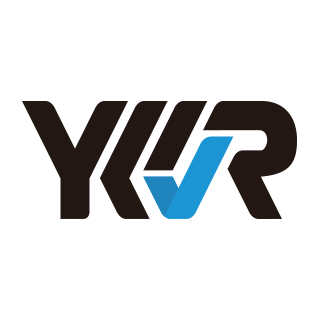
Privacy statement: Your privacy is very important to Us. Our company promises not to disclose your personal information to any external company with out your explicit permission.

Introduction:
Sewage source heat pump systems revolutionize indoor climate control by utilizing city sewage as a renewable cold and heat source. This innovative technology consumes minimal electricity to efficiently transfer thermal energy from sewage to meet human comfort needs. With the ability to both heat and cool, sewage source heat pump systems offer a dual-purpose solution, significantly reducing operational costs for modern enterprises. Moreover, by utilizing sewage for building temperature regulation, it surpasses the energy efficiency and environmental benefits of traditional coal and groundwater-based systems.
Advantages Over Air Source Heat Pump Systems:
Compared to air source heat pumps, sewage source heat pump systems eliminate the need for winter defrosting, ensuring stable performance year-round. With a cooling coefficient reaching 5 to 6 under normal conditions, these systems offer energy savings of 42% - 45% in both heating and cooling compared to air source heat pumps.
Advantages Over Groundwater Source Heat Pump Systems:
Sewage source heat pump systems provide a sustainable alternative to groundwater-based systems, avoiding the extraction of water resources. This eliminates the need for extensive energy and material resources to address groundwater replenishment concerns. Additionally, it sidesteps potential groundwater resource depletion and infrastructure challenges associated with drilling.
Advantages Over Electric and Coal-Fired Boilers:
Sewage source heat pumps operate on electricity, resulting in nearly 65% less power consumption compared to electric boilers. When compared to coal-fired boilers, these systems reduce energy consumption by half. Conventional boilers emit harmful gases, contributing to atmospheric damage. In contrast, sewage source heat pump systems utilize sewage for heat exchange, offering a more environmentally-friendly and energy-efficient solution.
Optimizing Efficiency through Indirect Use:
Sewage source heat pump systems can be employed in two primary ways: direct and indirect use. Direct use involves passing sewage directly through the heat pump unit for heat transfer. However, this method can lead to potential pump clogging and reduced efficiency over time. Indirect use involves routing sewage through a heat exchanger prior to entering the heat pump unit. This approach enhances heat transfer efficiency while effectively preventing potential clogging within the heat exchanger, resulting in improved overall system performance.
Conclusion:
Sewage source heat pump systems represent a breakthrough in sustainable and efficient climate control technology. By leveraging city sewage as a renewable energy source, these systems offer a reliable and eco-friendly alternative to traditional heating and cooling methods. With their stable performance, reduced energy consumption, and minimal environmental impact, sewage source heat pump systems stand as a forward-thinking solution for modern urban environments.
April 03, 2024
March 20, 2024
이 업체에게 이메일로 보내기
April 03, 2024
March 20, 2024
November 04, 2024

Privacy statement: Your privacy is very important to Us. Our company promises not to disclose your personal information to any external company with out your explicit permission.

Fill in more information so that we can get in touch with you faster
Privacy statement: Your privacy is very important to Us. Our company promises not to disclose your personal information to any external company with out your explicit permission.